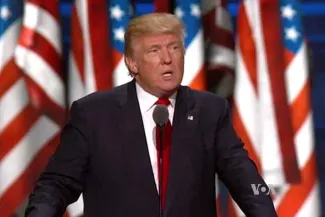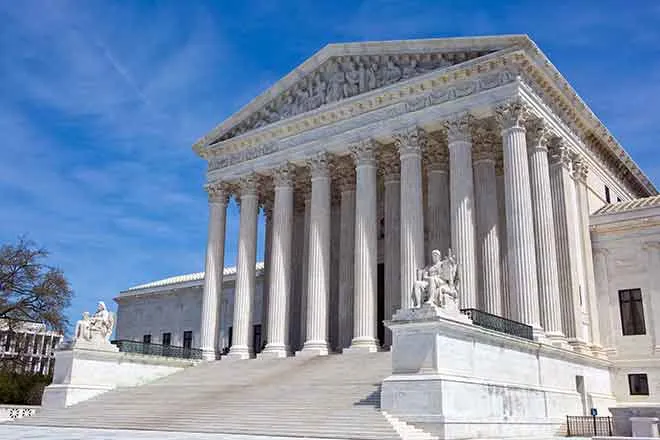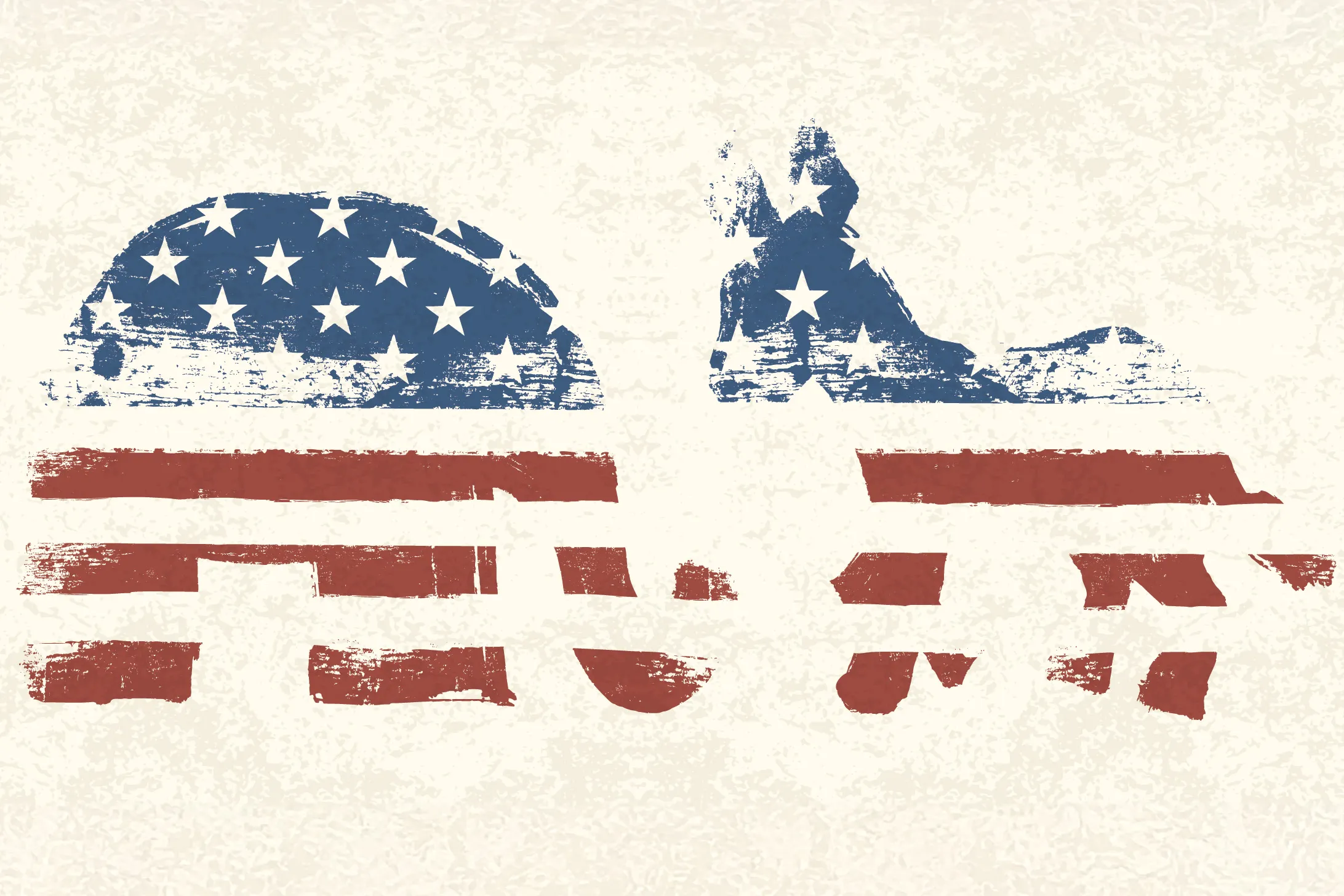
Colorado working families would pay more under Trump tax proposals
© Jerome Maurice - iStock-1426962165
Click play to listen to this article.
President-elect Donald Trump and Republicans in Congress have promised to pass a new tax bill, and a new report breaks down the expected winners and losers.
Joe Hughes, senior policy analyst with the nonpartisan Institute on Taxation and Economic Policy, says based on Trump's campaign proposals, the top one percent - those making more than $900,000 a year - will see their tax bill go down by more than $36,000, on average.

President Donald Trump. Courtesy Voice of America.
"The top 5% of households make more than $360,000 a year. They will likely see their taxes go down. For the other 95% of Americans, they will likely see their taxes go up," he said.
Hughes added that Americans earning between $55,000 and $94,000 a year would have to pay over $1,500 more in taxes. The combined increases would further shift the tax burden - to pay for bridges, schools, health care and highways from corporations and higher-income individuals to low- and middle-income families. Trump has claimed, without evidence, that increasing tariffs on foreign goods would cover revenues lost due to tax cuts.
Hughes says because companies pass the costs of tariffs along to consumers, Americans will also be hit with what is essentially a national sales tax. He added the incoming administration's proposals, if enacted, could increase the national debt by as much as $15 trillion over the next decade.
"The proposals to increase tariffs are not going to raise enough revenue to offset the tax cuts that he's proposed to give to high-income individuals and to corporations," Hughes continued.
Trump has called the election results a mandate for his policies. But Hughes noted a strong majority of Americans support a tax code that's fair, one that asks those who can afford it to contribute more. They don't think billionaires such as Elon Musk should pay less than working families.
"Most Americans, even a majority of Republicans, support higher income taxes on the wealthy and on corporations," he said. "So, there is some disconnect here between the candidate that they voted for and the policies that actually poll well with voters."
















